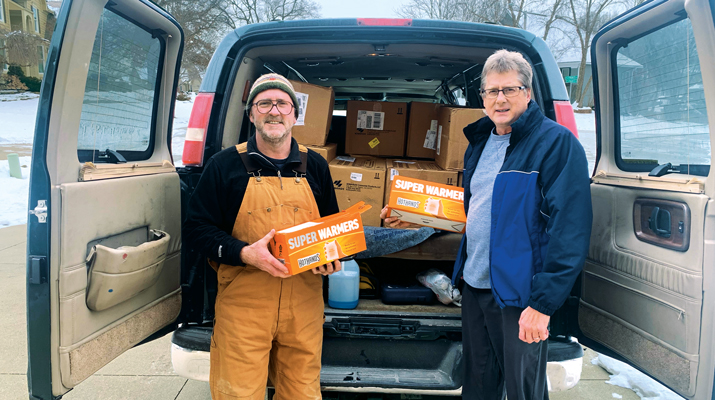How technicians can benefit from a mild winter
This past winter was not the type that propane heating technicians are used to, especially here in New England.
Less system failures occurred because of the increase in temperatures and an overall mild winter, which also affected central heating, space heating and even hearth systems.
The average heating system breaks down during the first half of the heating season, usually between September and December. After a majority of the systems have been repaired, the next wave of breakdowns is usually dependant on how hard the system is working to heat the home.
There are always exceptions to the breakdown period. However, the colder the season, the more repairs are generated during that time.
Technician to-do list
In the propane business, a warm winter doesn’t offer many upsides, but there are still many things we can do to get technicians out in the field.
Companies can complete many tasks during the offseason to generate service business that will pay off in the upcoming months. Consumers spending less on propane this past winter allows them to focus on other problem areas and prepare for the upcoming winter. Companies can initiate tune-up and Gas Check promotions earlier in the year, along with marketing material about service contracts or water heater and heating system replacements.
Another advantage to having an early spring with limited snow and frost is the ability to work on propane tank maintenance. This might not be the most profitable part of our business, but it remains beneficial to the company and the homeowner.
Companies have different policies and procedures regarding tank maintenance, but the majority of us perform these tasks during the summer months – our offseason.
Propane tank maintenance is such an important part of our industry and is easily overlooked on a yearly basis, mostly due to winter weather or available manpower during the summer months. Swapping out tanks with expired date codes and increasing or decreasing tank storage related to usage can be difficult to perform during the five to seven months in the winter. A “slower” winter, with a smaller amount of snow and frost, allows for these projects to start much earlier this year.
I started in this industry at 16 years old, washing dirty propane tanks in the field during the summer months. These tanks were not rusty or out of date. The company was simply protecting its investment and, more importantly, showing customers how much it cares for them and their property. Most of those ASME tanks I washed almost 20 years ago are still in place today.
Individual improvement
Now is also a good time for technicians to sharpen their skills. This can include something on a larger scale, like working on hydronic and electrical skills, or something small, like working on daily paper processes or making sure their service vehicles are neat and organized.
Service managers can also help with this process by enrolling employees in training classes, which are offered by the hundreds here in New England. Early spring also gives companies time to sit down with technicians for meetings or in-house training sessions.
None of us can control the weather, but we can all improve on multiple skills and projects within our organization. A slower winter season allows us to focus on areas that have otherwise been put on the “backburner,” such as tank maintenance, preventive maintenance, cathodic protection and service contracts.
There is nothing more valuable than our customers. Don’t overlook your ability to keep them happy, which will ultimately improve sales and overall satisfaction.
Ryan Card is the service manager for D.F. Richard Energy in Dover, N.H. He can be reached at rcard@dfrichard.com or 603-516-3225.
















